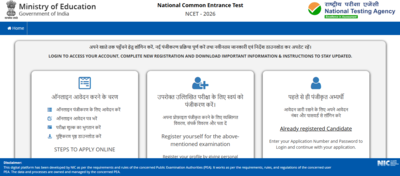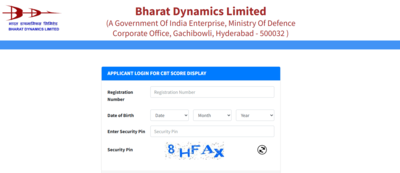10 crucial checks to make before you sign that offer letter

In the euphoria of landing a new job, it’s easy to let your guard down and rush to accept an offer. But beneath the congratulatory emails and HR pleasantries lies a document that can define your professional, financial, and even mental well-being — the offer letter. A hasty signature could mean overlooking red flags, committing to unclear terms, or missing out on better opportunities. Here’s an expertly curated checklist to scrutinise before you put pen to paper.
Role clarity: Beyond the job title
A designation like “Associate Consultant” or “Product Specialist” may sound fancy, but it can conceal a multitude of roles. Scrutinise the job description for specifics — reporting hierarchy, KPIs, cross-functional responsibilities, and potential travel. A vague or overly generic description should raise immediate concerns about role fluidity and future expectations.
Compensation breakdown: Numbers that matter
Don’t be swayed by the CTC (Cost to Company) alone. Break it down into fixed pay, variable pay, performance bonuses, ESOPs, and perks. Understand what is guaranteed, what is contingent, and what is illusory. Ensure clarity on the frequency of payouts, tax deductions, and stock vesting schedules if applicable.
Joining bonus and clawback clauses
While a joining bonus may feel like a windfall, it often comes with strings attached. Check if the company expects a minimum tenure in exchange for it. Some firms include “clawback clauses,” which can force you to repay the bonus if you resign early or fail to meet performance benchmarks.
Probation period terms
Most companies include a probationary period ranging from three to six months. During this time, termination clauses may be less employee-friendly. Confirm whether you will receive the same benefits and salary during probation, and assess the metrics for confirmation to a permanent role.
Notice period and exit conditions
A three-month notice period on your end and a two-week exit clause for the company is not just unfair, it’s legally precarious. Always compare the symmetry of exit terms. Also, check for non-compete clauses, restrictions on joining competitors, and mandatory serving of full notice even in case of resignation.
Work location and remote wok policies
The pandemic normalised hybrid models, but many firms have reverted to rigid office mandates. Clarify your work location, transferability clauses, and remote working entitlements, if any. If flexibility was promised during interviews, ensure it is captured in writing.
Appraisal and promotion cycle
Promises of a raise “after six months” or “quick vertical movement” often turn into disillusionment if they aren’t contractual. Look for written confirmation of performance review cycles, promotion eligibility timelines, and the criteria on which increments are based.
Benefits, leaves, and insurance
Examine the full list of benefits — health insurance (coverage, dependents, premium sharing), paid time off, sick leaves, casual leaves, parental benefits, wellness allowances, and learning reimbursements. Don’t forget to ask about leave encashment and carry-forward policies.
Company policies and culture clauses
Read the fine print of the company handbooks and codes of conduct attached to the offer. This includes anti-harassment policies, social media conduct, grievance redressal frameworks, and working hours. If these aren’t attached, request them before signing. Cultural alignment is often more critical than compensation.
Background verification and false declarations
Many companies include a clause that allows for termination based on discrepancies during background checks. Be truthful in your declarations and ask what kind of checks they will conduct. Understand whether these occur before or after you join, and if employment is conditional upon clearance.






